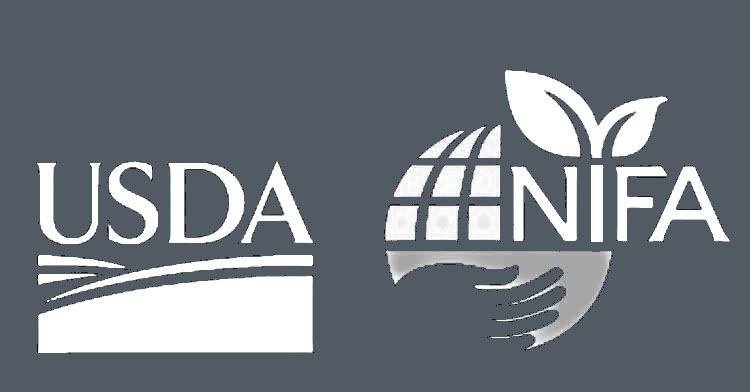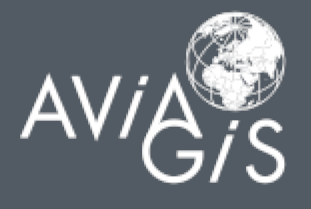Abstract Submission
Abstract submission is now CLOSED.
Important Dates
Abstract submissions open: April 1, 2019
Abstract submission deadline: June 20, 2019
Topics
The GEOVET 2019 conference leading topic is “Novel spatio-temporal approaches in the era of Big Data”. Students and researchers are welcome to submit their abstracts related to any of the following topics:- Spatial data sources, open data, accessibility and information integration
- Real-time field data collection and visualization platforms
- Spatio-temporal surveillance and modeling approaches
- Emerging GIS and data science technologies adapted to animal and human health
- Sensor technology and precision farming devices
- Spatial-explicit or spatio-temporal network analysis
- Spatio-temporal phylogenetic approaches, phylogeography and phylodynamics
- Spatial methods for environmental epidemiology and exposure modeling including niche modeling approaches
- Operational GIS tools for policy-makers, planners, researchers
- Emergency preparedness and response
- Spatial methods for climate change evaluation/adaptation/mitigation - effects on animal and human health
- Special topic on African Swine Fever (ASF): Spatial and spatio-temporal methods for surveillance, risk assessment and modeling of ASF in endemic and free settings
Formatting Information
Download the following abstract submission instructions as a PDF.GENERAL INSTRUCTIONS:
- Please carefully proofread your submission for accuracy; All content is expected to be free of spelling and grammatical errors; use American English standards for spelling. If your abstract is accepted for presentation, it is this abstract entry that will be printed in the GeoVet Schedule and Conference Proceedings.
- Formatting: Do not underline or use bold for any text, nor capitalize entire words other than abbreviations or acronyms. Only use italics for genus and species names.
- When you use the “submit abstract” link provided you will start the submission process within GeoVet event in Frontiers. By default, the article type will appear as “Event abstract” within the Event “GeoVet 2019. Novel spatio- temporal approaches in the era of Big Data” . Please DO NOT change the type of article or the event name or the abstract will be likely misplaced.
- Titles should be succinct (500 characters maximum, including spaces), informative, and accurately reflect the content of your presentation/poster.
- Formatting: Text should be in sentence case (i.e., capitalize only the first word, proper nouns and abbreviations). Only genus and species names should be italicized. Do not underline or use bold for any text. Do not use quotation marks in the title. EXAMPLE: Spatio-temporal modeling of avian influenza using Maximum Entropy models.
In the abstract submission please indicate how would you like to present your work. You have three options*:
- Senior oral presentation: ground-breaking advances/applications of spatial/spatio-temporal methods. 20 minutes + 5 for discussion
- Regular oral presentation: novel applications of spatial/spatio- temporal methods 10 minutes + 3 for discussion
- Poster: preliminary work or applications of spatial/spatio-temporal methods. Please indicate whether or not you want to present your poster during the poster sessions (you will have 3 minutes + 1 for discussion) by selecting “poster-session”. Those who choose not to present will be just displayed in the poster area, but will not participate in the formal poster sessions. Please select “poster-no session” if you DO NOT want to present your poster during the poster sessions.
All authors (including students) may submit one or more abstracts for regular oral or poster presentations, but only one for senior oral presentations.
*Students that would like to compete in the “Student presentation award” and/or the ”Student poster award” should submit their abstracts either as “student senior oral presentation”, “student regular oral presentation” or “student poster” (either in the poster-session or poster-no session format).
TOPIC:
- Please select ONLY ONE of the topics of the conference. Even if more than one may apply, please select the topic that better reflects the work to be presented in your abstract.
- Please provide at least 5 keywords. These keywords will maximize visibility after publication and facilitate colleagues and other researchers to find your work.
- Your abstract should be succinct and informative, containing a maximum of 1,500 words.
- A suggested format for the abstract could be: (1) a short statement of the study’s background and specific objectives, (2) a brief statement of methods, (3) a summary of the results, and (4) a statement of the conclusions.
- Please include acknowledgements as needed. No more than 500 characters.
- Please include the literature cited as needed. No more than 10000 characters.
- Presenters and authors: Please complete the information for the presenting author and any additional authors. Please identify ONE (or maximum of two) presenting author by selecting this author as the “corresponding author”. There is no limit to the number of additional authors. It is required that the presenting author provide a contact email that can be used by organizers for emergency contact during the conference; this information will not be shared. It is also required to provide a full affiliation for the presenter.
- Names: Please enter your full name, using your first, middle and last name in each of the corresponding fields. Capitalize the first letter for each name.
- Affiliations: Enter author affiliations succinctly.
- If an author has more than one affiliation, separate using a semicolon.
- Capitalize the first letter for each place name; do not use all capitals or all lower case for place names.
- Do not use abbreviations or acronyms that will be unfamiliar to most readers. Abbreviations such as USDA are acceptable as these are widely recognized. Abbreviations such as UCD or ISU are not widely recognized and should be avoided.
- EXAMPLE: “Dept. of Medicine & Epidemiology, University of California, Davis, USA”.
- Please provide any figure, table, data sheet, video or any other supplementary material that you want to accompany your abstract submission.
- Authors would be able to provide their full presentations associated to their abstracts before or after the meeting if they wish so.
- Please state any potential conflict of interest (if any).
- To promptly respond to all communication from GeoVet 2019 organizers.
- To promptly communicate with GeoVet organizers if any question arises about the ability to present abstracts as scheduled.
- To adhere to all requirements and guidelines for presentations at GeoVet 2019.
- To register and attend GeoVet 2019 as required.
- Failure to adhere to these requirements provides grounds for GeoVet 2019 organizers to withdraw abstracts for the GeoVet 2019 conference.






